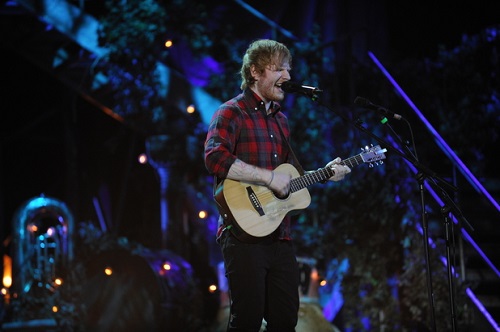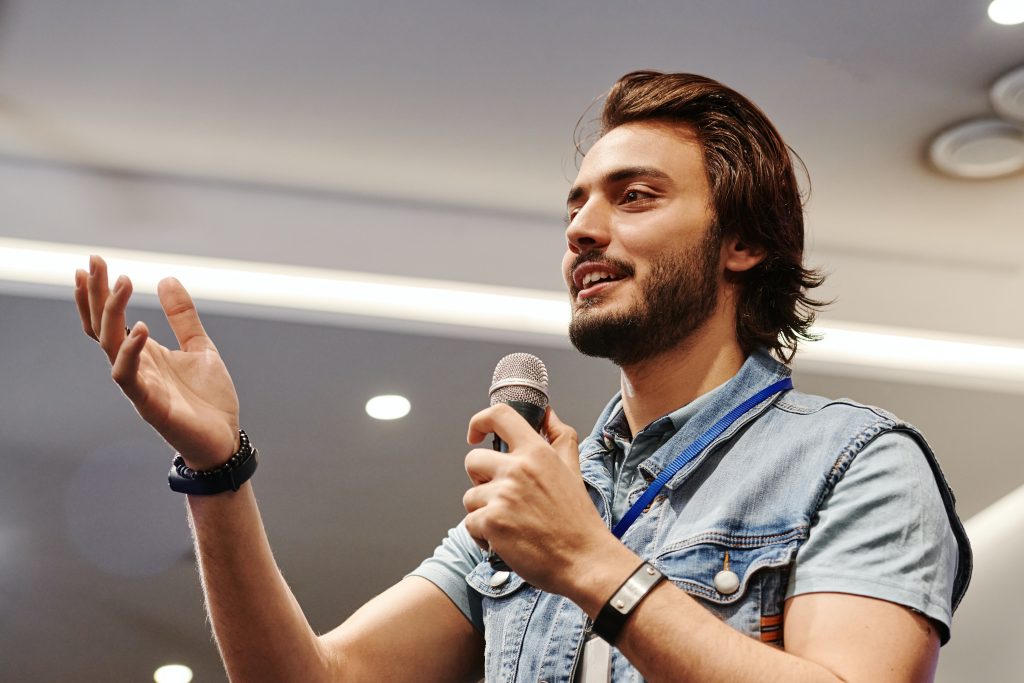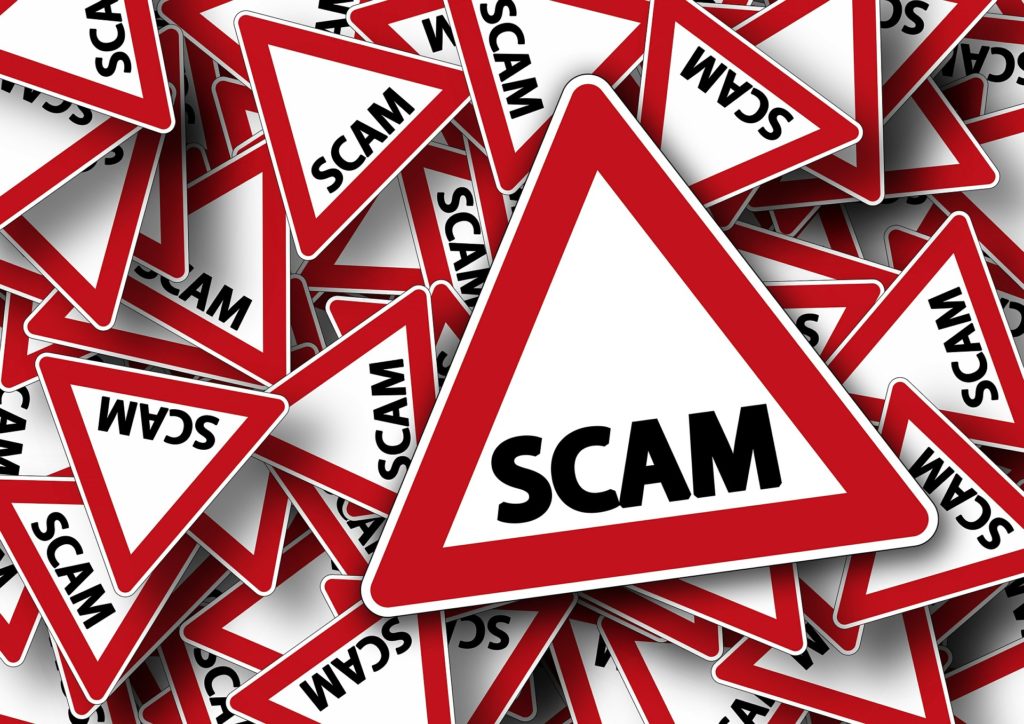I recently had the chance to interview Ashley Miranda, an Atlanta-based booking agent
For brands and marketers that have identified specific artists that they would like to partner with, getting their message directly to those artists can be a difficult task. Ashley is currently working on several high-profile partnerships for her artists; and while she didn’t reveal the partnerships she is working on; her thoughts and experiences with brand relationship building really resonated with us.
“For me, I feel like the best way to go about building a relationship with artists, brands, talent and brands – coming to the table with clear intentions, and then also just a great rollout of what you they have in mind for the talent and the brand working together. For instance, we are always interested in working with brands that include activation or some sort of thing where we can include them, whether it be performing and bringing their music to the table along with a brand partnership. Those are always the things that catch our eye.”
Prior to reaching out to an agent or manager, brands need to have a clear understanding of possible campaign strategies. Most celebrity representatives don’t want to be approached without a solid plan in place.
“I hate when you go into a partnership with a brand and they don’t have a clear understanding, and they’re kind of making things up along the way, if you will. It’s cool to create—given—but just having a clear objective of what specifically; how you want us to support. Is it a brand ambassador situation or is it just a one-off type of thing? What are the objectives? What are we going to accomplish?”
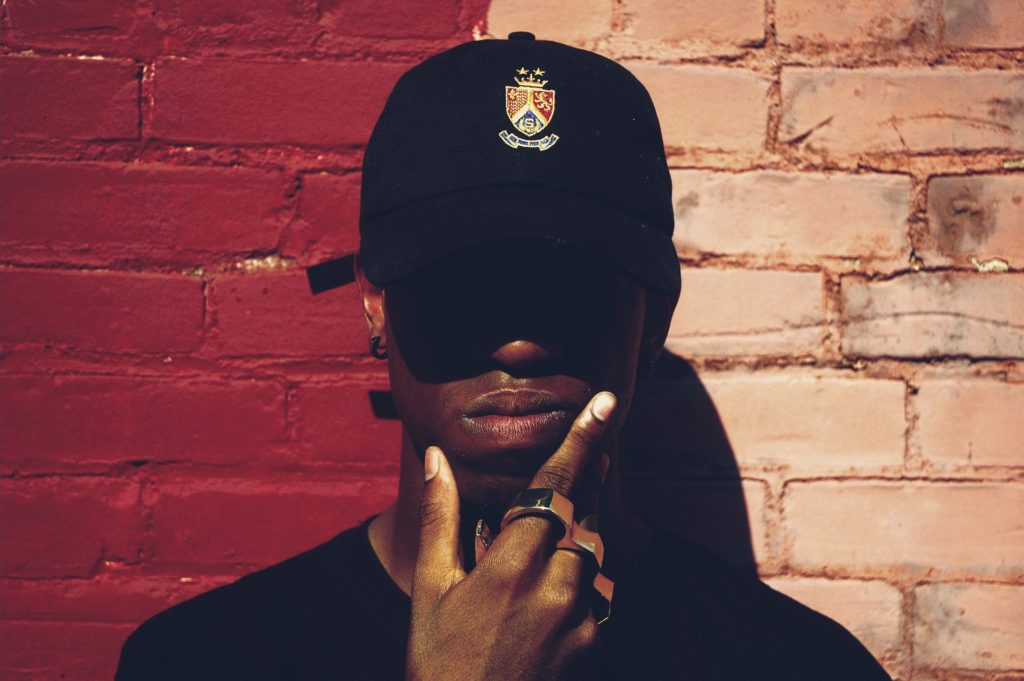
With Coca Vango, his music career has highlighted his interest in fashion. As a result, he is now diving into fashion modeling. These are the types of partnerships and campaigns that are mutually beneficial to both the artist and the brand.
How to contact
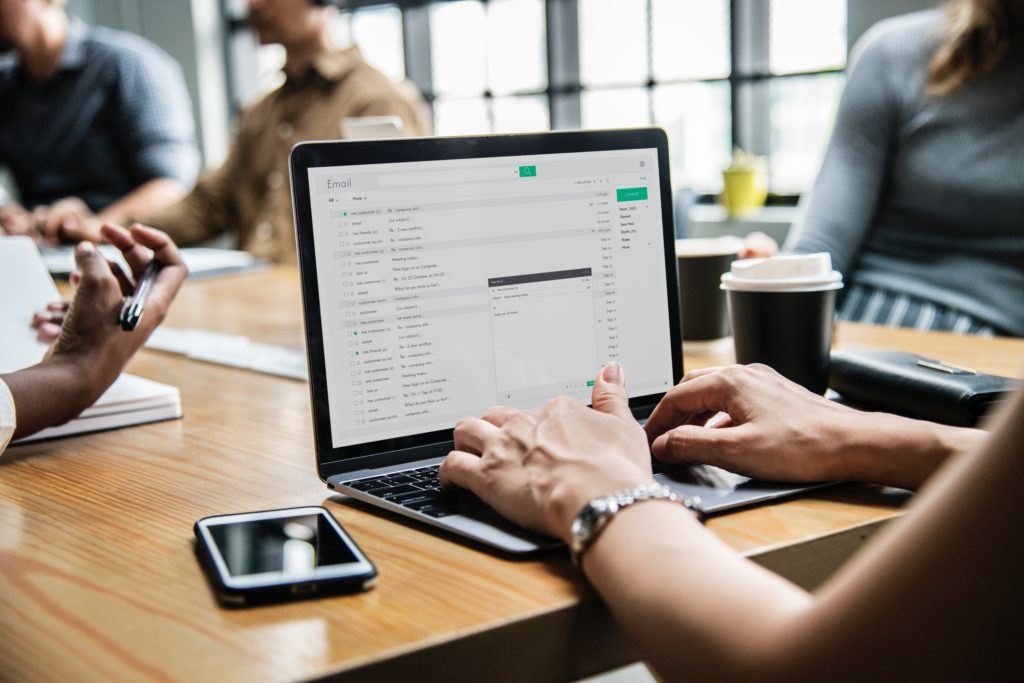
As mentioned in previous articles, the first step is to reach out to the manager with the Who/What/Where/When/Why format email; providing key details about your proposal or event. Ashley provided us with some good insight into the best way for brands to reach out in regards to doing an activation.
“Via email would be the best way because I always suggest that you send a one-sheet or some sort of documentation that just shows: ‘Where are you from?’, ‘Where is the brand from?’ Maybe where you have the brand placed, what markets you’re viable in and that kind of thing. Again, it goes back to, where can we possibly do an activation and touch the people? That always goes into the whole equation for me, to be honest.”
Booking Artists
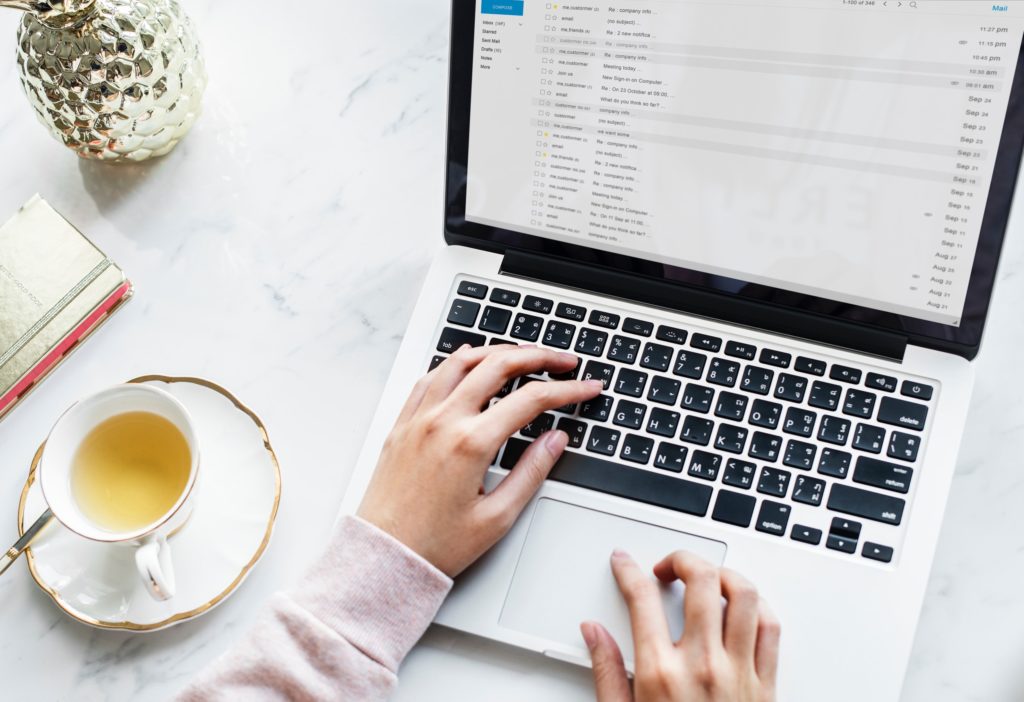
Many promoters contact Ashley with legitimate booking opportunities. As we have gone over in other articles, there is a right way to contact a celebrity representative. What does she look for when fielding these requests?
“I’ll be honest, for me I am so looking for you to know what date. I hate to be just basically simple about it, but I need to know what date, hypothetically even – that might help a little bit. Knowing what city, what state, what venue. I’m really big on researching the venues and knowing: ‘Where are we going? Where are you proposing that we go?’”
In addition to the basics up-front, knowing your background and previous event history is extremely helpful.
“Also, a thing for me is knowing the promoter’s history; any IDs, social, past events that you might have done. Do they have an understanding of how the promotion should go? Do they have an understanding of what things need to be put in line to make this a successful show? We come to these markets making sure you’re with the right promoters – the people who understand, the people who can really touch the people.”
Booking fees
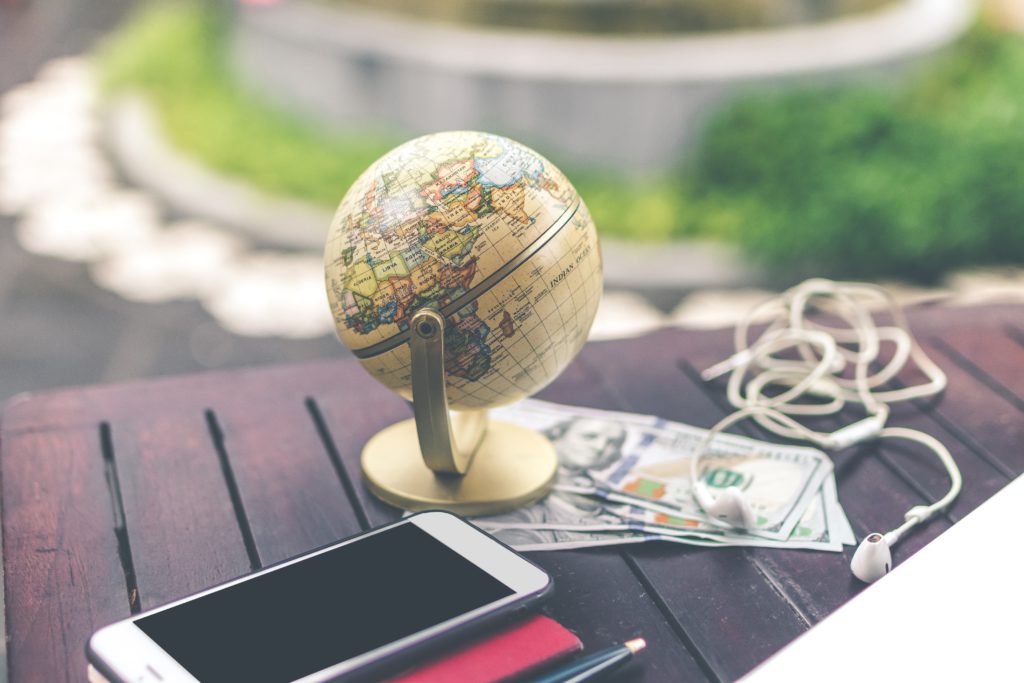
During the booking process, the question that promoters often have is about the price of the artist. We asked Ashley to provide some information on this. Is there a set price point already in place for different artists? What other factors contribute to the fees?
“We definitely have a point for everyone fee-wise we feel is appropriate for each market and for each area, but it can vary just on the variables of time, the actual day of the week, our scheduling, logistics – all of those things are factors into what we price off of.”
Middle Agencies
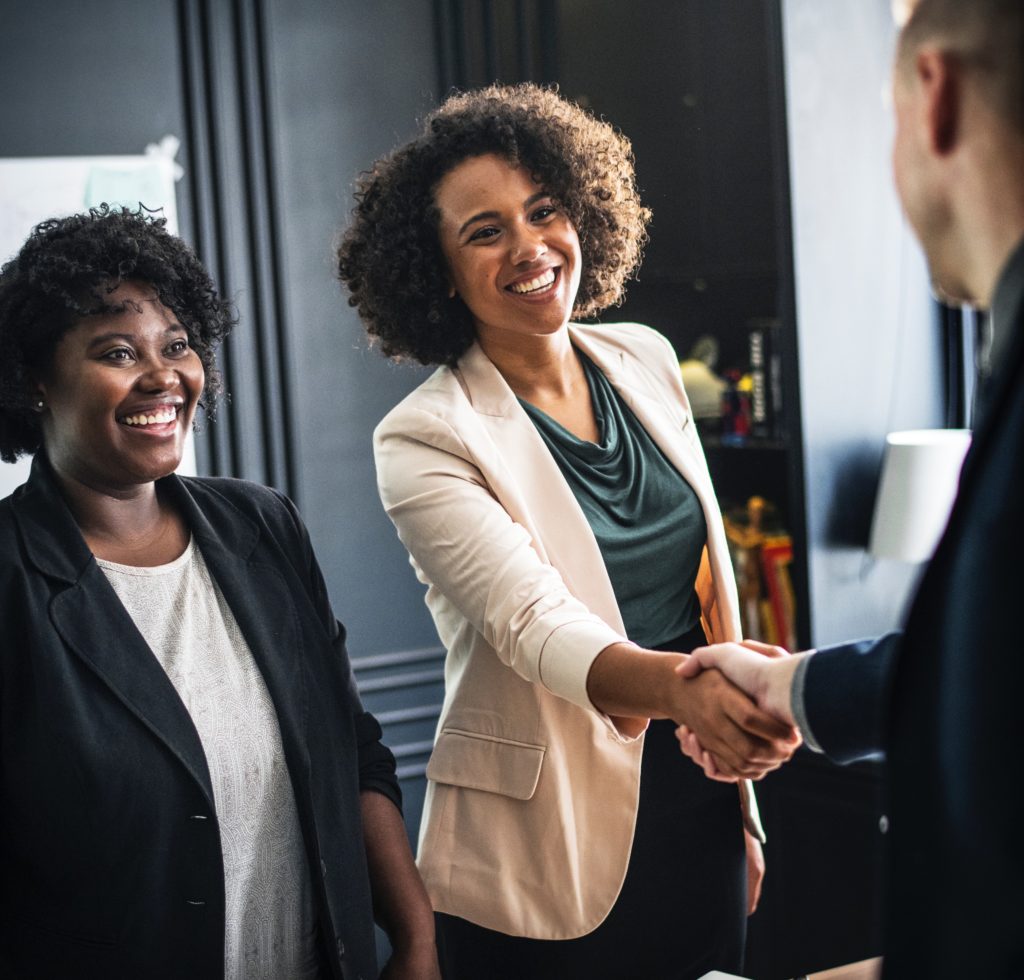
A middle agent is not for everyone. There are very specific situations in which a middle agent makes sense for booking shows and events. The two primary types of clients who benefit from working with a middle agency are those who are inexperienced in the booking process, and those who simply prefer to let someone else handle the arrangements. We spoke to Ashley about her experiences working with these professionals.
“I love my middle agents. I hate to even call them middle agents; my brokers, my talent brokers, my gurus, my go-to guys. Honestly, I want everybody to make sure that they can have their fees, get in business, and bring business to the table. It’s just about everybody coming together and making a successful event. As long as the business is properly handled, things are put in the right perspective, and everyone has a clear understanding of what we’re doing – I welcome it 110%.”
In fact, Ashley got her start in the business with a middle agent who worked with such clients as Nicki Minaj, Waka Flocka, and Shilo.
“When it’s all said and done, sometimes people can’t reach out to the direct agent; they can’t. Even with people that sometimes I overlook or miss, not intentionally but unintentionally, then I might pick up a phone for a middle agent that I’ve been making money with for years or been able to really bring effective things or products to the table. I welcome it.”
Concerts and after-parties
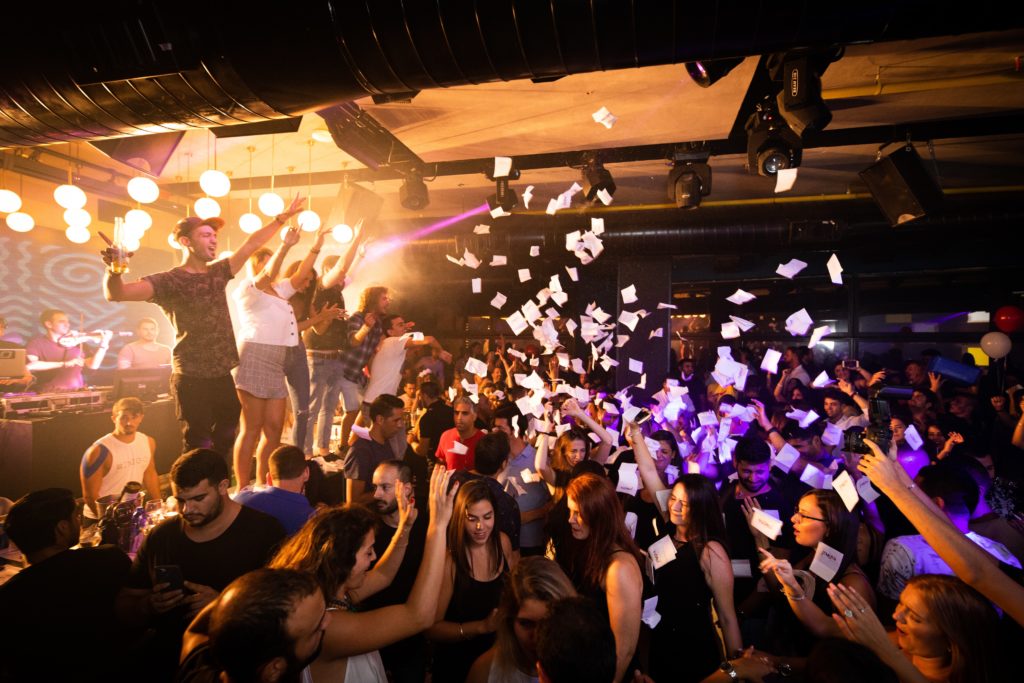
Concert booking may be your main goal, but oftentimes you also have the option of doing an after-party style event. What is the process she prefers? Who gets first dibs?
“We try to give our promoters the first right of refusal, definitely. It’s one thing that you get money, but it’s another thing to have a long-term relationship with someone. I always give first right of refusal, and then I also wait, especially with my ticket agents, as you know, you have to wait until it sells out.
After you get a sell-out event, we’ll usually try to work out some deal or work out a situation where we can then do an after party. As you know, a lot of the touring limitations and touring contracts require that that happens anyway; a certain percentage of tickets be sold until you can solicit a party anyways. Then, of course, monetarily. ‘What makes sense? What looks good?’ It just varies per market.”
Drops
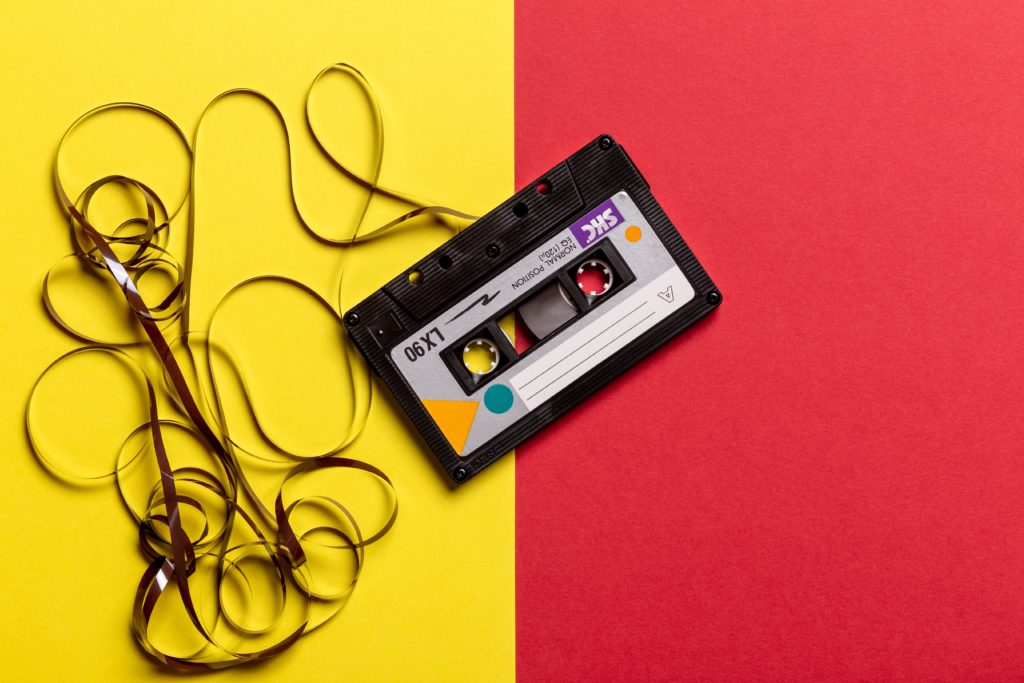
Although it fluctuates by artist, one of the biggest pet peeves we hear about from promoters is a drop in the contract; whether it’s audio or visual. Getting these in a timely fashion sometimes poses a problem when the show date is closing in. How do booking agents typically handle this situation?
“I feel like it’s what we owe the promoters at this point. Where we’re at with technology, with IT, with social, with Facebook – all of our contracts come standard with audio/visual drops. That’s the least we could do. Every situation you’re going into business with a promoter. Each contract you execute, it’s a business deal. I feel like that’s just part of the deal.”
For Ashley and her team, they go through all of their contract drops on a weekly basis to ensure they come into a market successfully.
“When you get the show, within a week or less you’ll have a drop; it lets you know it’s the real thing coming to the market. I just feel like that’s our common courtesy at this point with the social craze, with everything that goes on, with all of the defeat, and everything else in between. “

